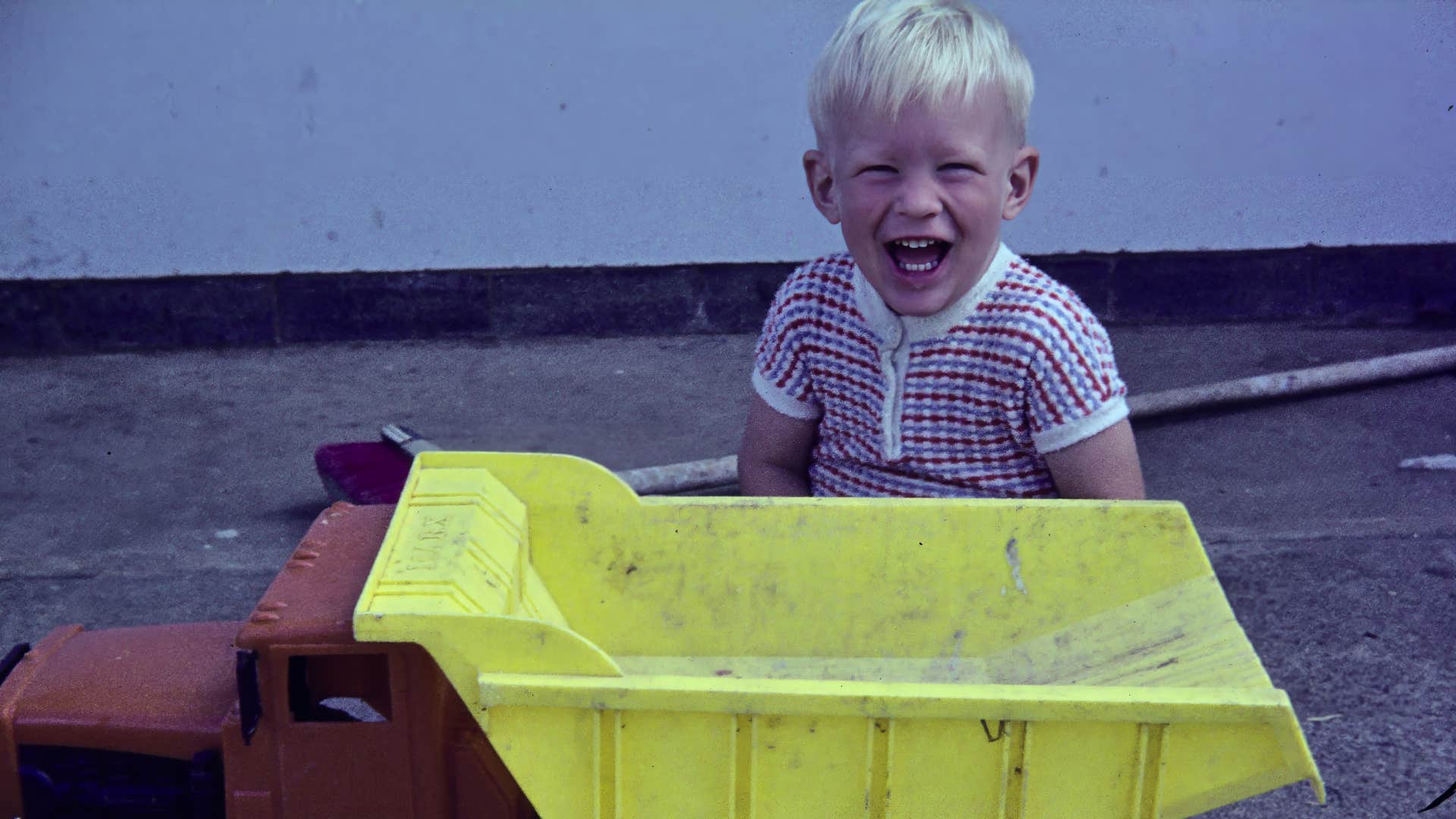Ever find yourself suddenly wondering if your brain’s more like a steel trap or a leaky sieve? I mean, one day you’re zipping through childhood memories like an old movie marathon, and the next—poof!—your mental highlight reel skips a beat. Maybe Mercury’s in retrograde messing with your synapses or the stars just shrugged and said, “Eh, take a break.” But here’s the kicker—if you can still vividly recall certain nuggets from your past, like what your childhood friend’s parents looked like or the exact furniture in your old bedroom, congratulations! Your mind might just be doing somersaults in sharpness compared to the average Joe. Curious which six moments make this memory-elite list? Buckle up, because these aren’t your everyday flashbacks—they’re the VIP passes to a brain still firing on all cylinders.
As children form memories and habits, some will replay their previous days in succession. Recalling each previous day’s events solidifies those memories. Daily repetition of remembering details strengthens the memory.
Then one day, for whatever reason, the role call of daily memory stops. The habit fades. Memories fade, and we begin to wonder how sharp our minds still are. But if these moments stick out to you, you may have a more focused mind than the average person.
 Tomsickova Tatyana via Shutterstock
Tomsickova Tatyana via Shutterstock
Career consultant Ruth Schimel recalls when she was about 11 years old, she told my mother that one of her friends didn’t like her. Mildred, her mother’s friend, was a plain, accomplished woman.
Ruth sensed Mildred felt competitive with Ruth’s beautiful mother, who was also smart. In retrospect, Ruth sensed she was especially observant of nonverbal cues and could integrate them into that impression.
This type of specific recall of past detail and the cognitive process behind those behaviors or actions supports the idea that Ruth’s mind has remained razor sharp.
Advertisement
 Gorodenkoff via Shutterstock
Gorodenkoff via Shutterstock
If you can remember the details of your bedroom as a child, explains Dr. Gloria Brame, you probably have better recall than most. I remember the two beds in my shared bedroom, a tall (to my younger, shorter perspective) dresser, a desk, and a chair that a local carpenter built. It was cheap and clunky, but it was mine, so I loved it.
Do you have similarly vivid memories of your childhood home? If you do, count yourself one of the lucky people with a sharp mind.
Advertisement
 RG-vc via Shutterstock
RG-vc via Shutterstock
Counselor Larry Michel tells us our most potent memories come from experiences of true co-creation from our past that are remembered as if they were a “snapshot moment”. We recall the circumstances with amazing clarity, from the conversation to the time of day, environment, and the joy that accompanied it.
These were moments of pure connection, curiosity, play, and serendipitous creation without expectation. These are the recollections that maintain the bond to our most valuable relationships.
Does this mean we have a sharp mind? Perhaps it reminds us we have great cognitive capacity when we are not judging the value of our actions.
Advertisement
 Natalia Deriabina via Shutterstock
Natalia Deriabina via Shutterstock
Life coach Sidhharrth S. Kumaar says a teacher’s exact words when they gave you feedback, whether good or bad, indicate your mind is still sharp. Verbatim recall from long ago shows emotional context tagging and auditory memory recall.
Long-term memory, short-term memory, sensory memory, and working memory are the start of our understanding of a human’s ability to remember, as outlined in the American Journal of Neuroradiology. It gets more complex the further we investigate. Yet, the memories that reside within us are a part of an electric meat machine known as the human brain.
Advertisement
 BJP7images via Shhutterstock
BJP7images via Shhutterstock
The smell of a place you haven’t visited in years is an indicator of an exceptionally sharp brain, explains life coach Kumaar. Especially fragrance, sensory recall links strongly to memory and suggests increased awareness. Smell is known as the most powerful sense for memory, but the way the brain stores this information can be formed in different ways.
Research in Frontiers in Neuroscience explained two processes of memory: “Cellular consolidation is the process of stabilizing information by strengthening synaptic connections. System consolidation models suggest that memories are initially stored in the hippocampus and are gradually consolidated into the neocortex over time.”
Advertisement
 Radiokafka via Shutterstock
Radiokafka via Shutterstock
Life coach Mitzi Bockmann always says she can’t remember what happened to her yesterday, but she can remember every word of Madonna’s 1986 song, Live to Tell. That gives her hope that her brain is still working!
It is like Mitzi, via Madonna, knows where beauty lives, saw it once, and knew the warmth, almost like a light you could never see that shines inside.
Will Curtis is YourTango’s expert editor. Will has over 14 years of experience as an editor covering relationships, spirituality, and human interest topics.
Advertisement
Auto Amazon Links: No products found.